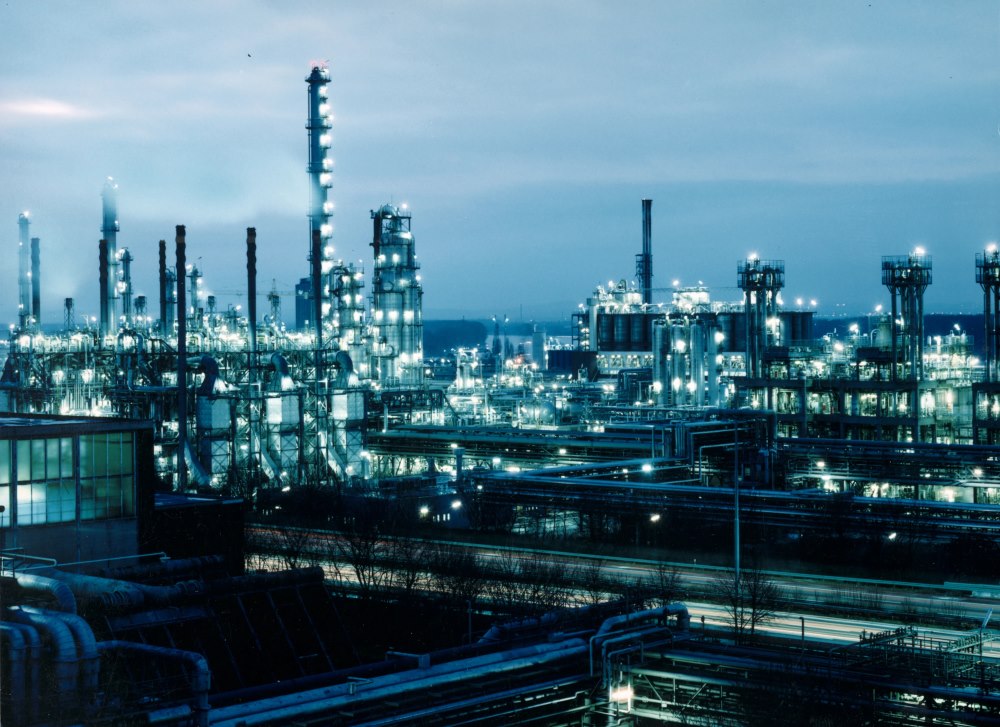LyondellBasell (LYB) is building a large-scale demonstration plant for catalytic plastics recycling at the Wesseling site. According to LYB, the plant will be the first of its kind. From the end of 2025, 50,000 tons of plastic waste per year will be converted into raw materials for the production of new plastics, all without greenhouse gas emissions.
“We are committed to tackling the global plastic waste challenge and driving a circular economy, and today’s announcement is another important step in that direction,” says Peter Vanacker, CEO of LYB. “By expanding our advanced catalytic recycling technology, we will be able to return larger quantities of plastic waste to the value chain. This will enable us to produce more materials for high-quality applications and preserve the value of plastics for as long as possible.”
According to LYB, the LYB MoReTec demonstration plant is intended to close the gap for plastics that are difficult to recycle, such as mixed or flexible materials that are currently disposed of in landfills or incinerators. Source One Plastics, a joint venture between LYB and 23 Oaks Investments founded in October 2022, will supply the majority of the sorted, processed raw materials. The advanced recyclates produced at the MoReTec plant are used in the production of polymers sold by LYB under the CirculenRevive product line, which are used in a variety of applications, including medical and food packaging.
The MoReTec technology
The MoReTec technology produces pyrolysis oil and pyrolysis gas. Pyrolysis oil is a substitute for fossil materials used in polymer production. Pyrolysis gas streams are normally used as fuel. With MoReTec technology, however, the pyrolysis gas can also be recovered, which contributes to the production of polymers and replaces fossil raw materials, thus reducing direct CO2 emissions. In addition, the company’s proprietary catalyst technology lowers the process temperature, reduces energy consumption and improves the yield. Due to the lower energy consumption, the process can be operated with electricity, including electricity from renewable sources, which does not cause any greenhouse gas emissions.
These differentiating advantages also offer an advantage in terms of the CO2 balance. The recovery of pyrolysis gas as a starting material, the lower energy requirement, the electrical heating, the displacement of fossil starting materials and the recovery of plastic waste from incineration or landfill lead to a significantly lower carbon footprint compared to fossil-based processes. This makes MoReTec a unique value proposition.
Picture above: A large-scale plant for catalytic plastics recycling is to be built here at the Wesseling site by 2025. Photo: LyondellBasell

